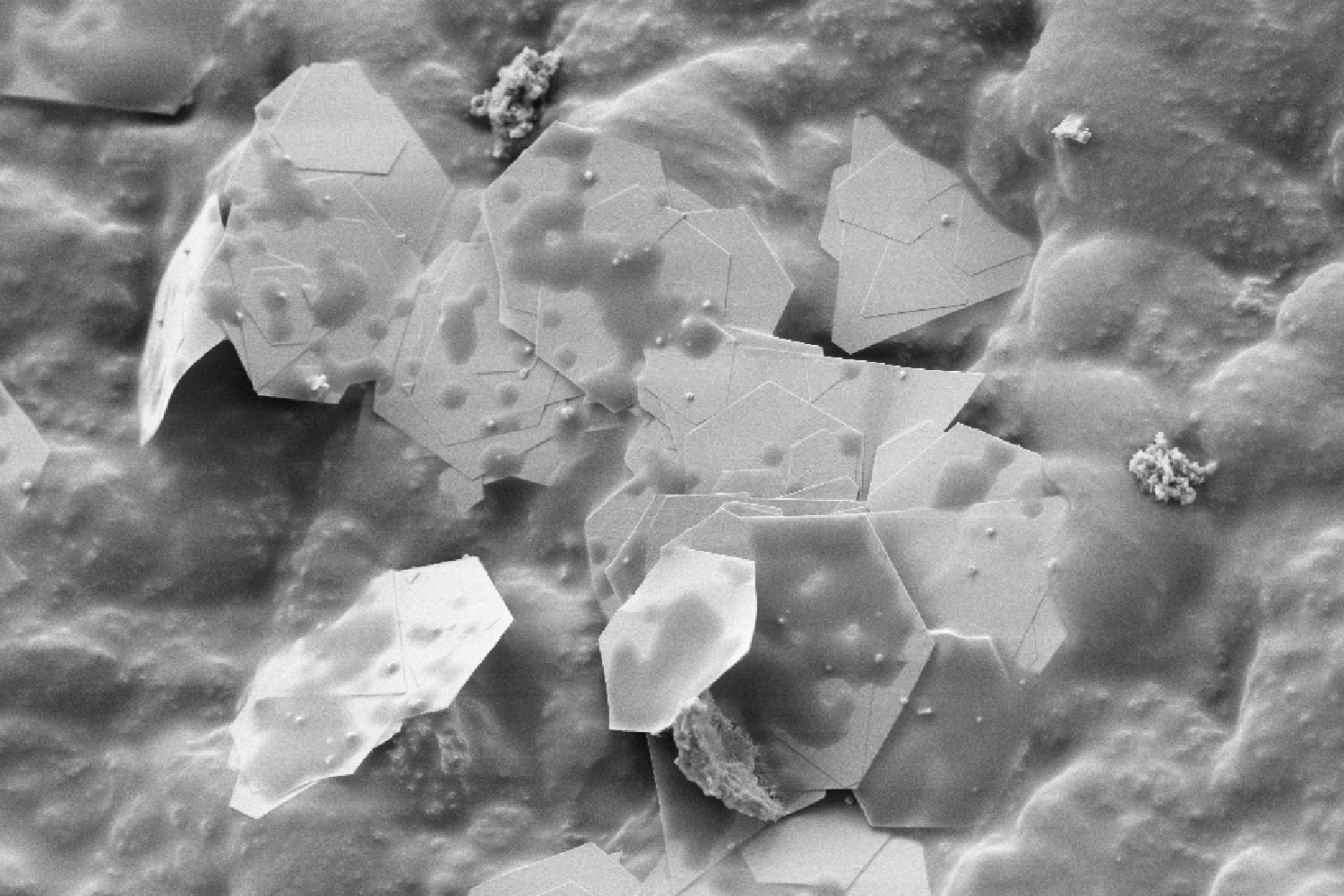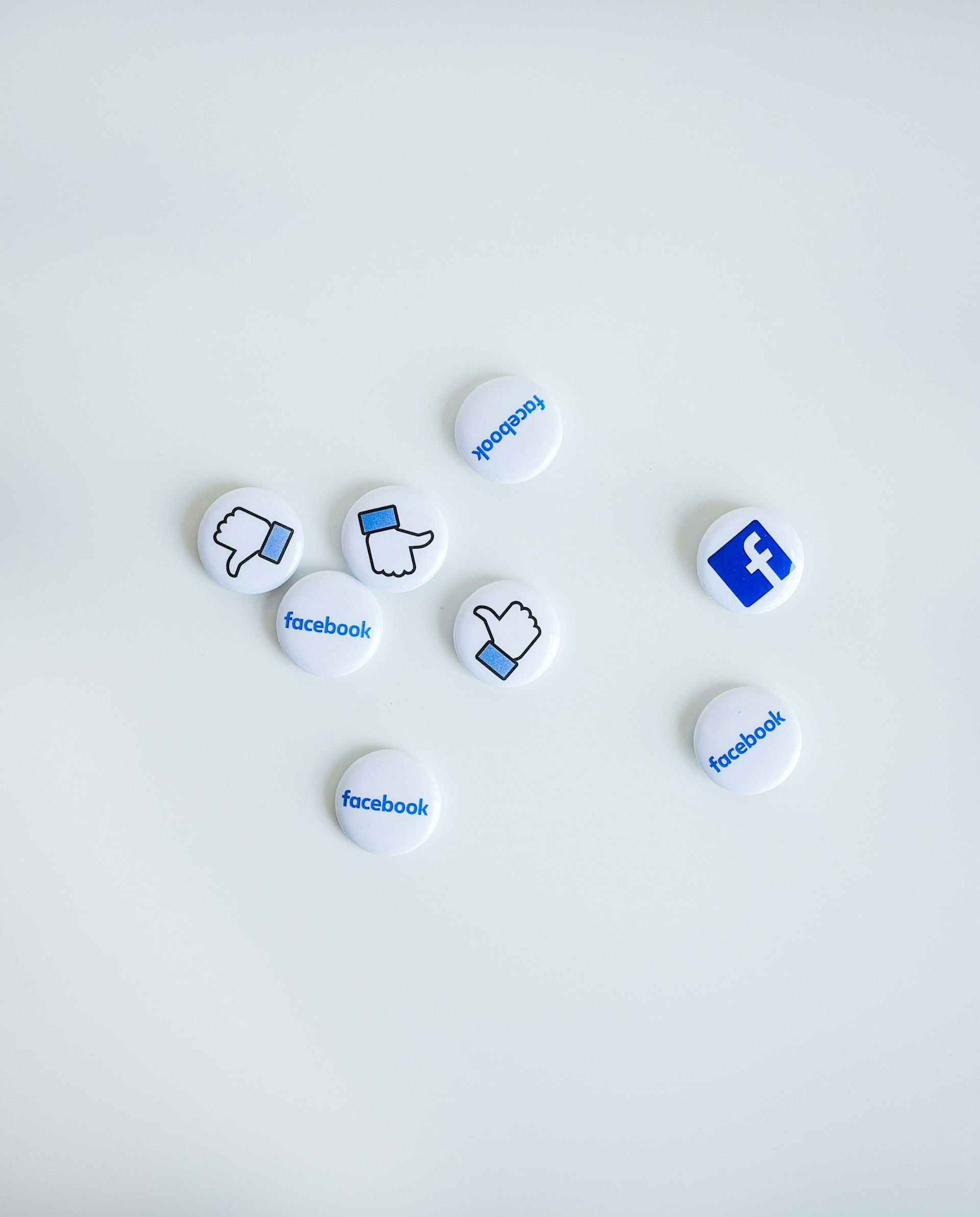A model invented by researchers at MIT and Qatar Computing Research Institute (QCRI) that uses satellite imagery to tag road features in digital maps could help improve GPS navigation. Showing drivers more details about their routes can often help them navigate in unfamiliar locations. Lane counts, for instance, can enable a GPS system to warn...
Science & Technology
Organized Cybercrime — Not Your Average Mafia
Does the common stereotype for “organized crime” hold up for organizations of hackers? Research from Michigan State University is one of the first to identify common attributes of cybercrime networks, revealing how these groups function and work together to cause an estimated $445-600 billion of harm globally per year. “It’s not the ‘Tony Soprano mob...
New Scheduling Tool Offers Both Better Flight Choices and Increased Airline Profits
Researchers from Dartmouth and the Massachusetts Institute of Technology (MIT) have developed an original approach to flight scheduling that, if implemented, could result in a significant increase in profits for airlines and more flights that align with passengers’ preferences. The approach is presented in a paper, “Airline Timetable Development and Fleet Assignment Incorporating Passenger Choice,”...
New Research Uses Physiological Cues to Distinguish Computer-Generated Faces from Human Ones
Recent advances in computer graphics are making it possible to create computer-generated (CG) representations of human beings that are difficult to distinguish from their real-world counterparts. “Digital human face detection in video sequences via a physiological signal analysis,” a paper published today in the Journal of Electronic Imaging (JEI), presents a viable, innovative way to discern between...
Scientific Evidence Found for Role of Stress in Hair Whitening
People usually start gradually graying in their thirties. Once crossing the age of 50, one will be hard-pressed to successfully disguise one’s white hair crown without paying monthly visits to a hairdresser. However, medical reports suggest the process of hair color loss, which scientists call canities or achromotrichia, can be greatly accelerated by persistent acute...
How the Solar System Got Its ‘Great Divide,’ and Why It Matters for Life on Earth
Scientists, including those from the University of Colorado Boulder, have finally scaled the solar system’s equivalent of the Rocky Mountain range. In a study published yesterday in Nature Astronomy, researchers from the United States and Japan unveil the possible origins of our cosmic neighborhood’s “Great Divide.” This well-known schism may have separated the solar system...
Shocked Meteorites Provide Clues to Earth’s Lower Mantle
Deep below the Earth’s surface lies a thick rocky layer called the mantle, which makes up the majority of our planet’s volume. While Earth’s mantle is too deep for humans to observe directly, certain meteorites can provide clues to this unreachable layer. In a study recently published in Science Advances, an international team of scientists,...
Team Uses Plastic to Make Super Light 18-Carat Gold
The discovery will thrill lovers of gold watches and heavy jewelry. The objects of their desire may someday become much lighter, but without losing any of their glitter. Especially in watches, a small amount of weight can make all the difference. No one wants to wear a heavy watch on their wrist, even if it’s...
Why People Leave Facebook – and What It Tells Us About the Future of Social Media
The number of active users of Facebook (those people who have logged onto the site in the previous month) has reached an historic high of 2.45 billion. To put this in some context, approximately 32% of the global population now use the social media platform, and the trend line of participation is still going up....
New Study Estimates the Global Extent of River Ice Loss as Earth Warms
More than half of Earth’s rivers freeze over every year. These frozen rivers support important transportation networks for communities and industries located at high latitudes. Ice cover also regulates the amount of greenhouse gasses released from rivers into Earth’s atmosphere. A new study from researchers in the University of North Carolina at Chapel Hill Department...










